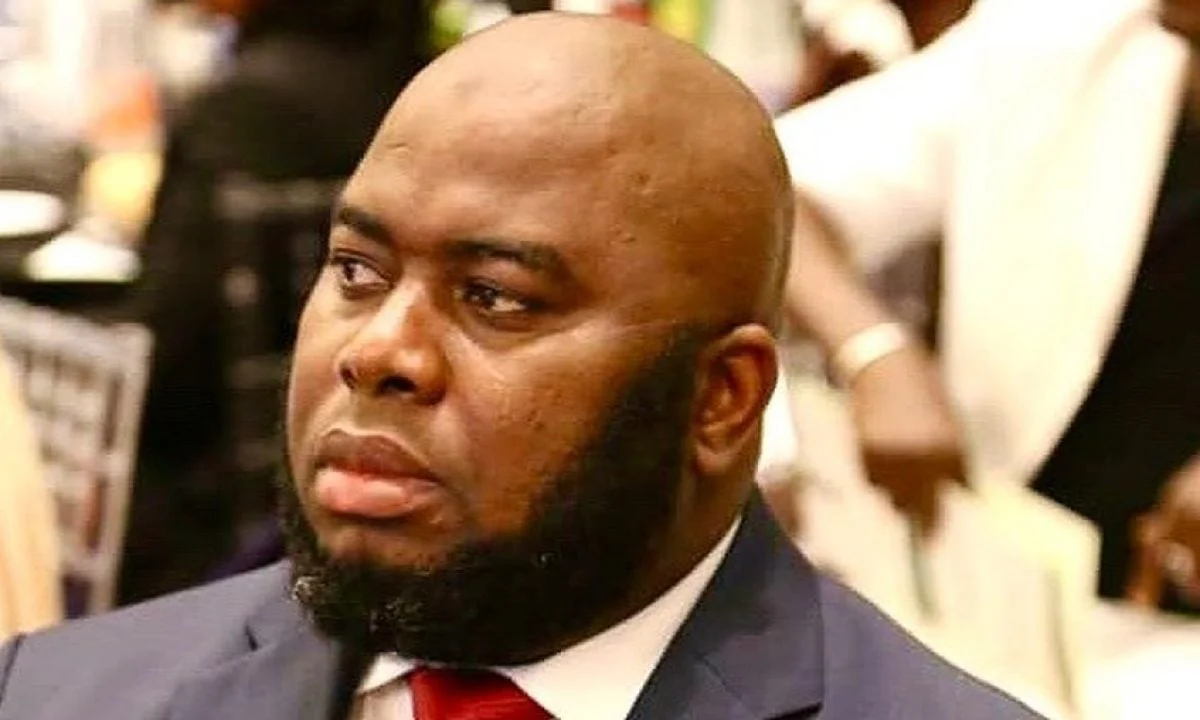
The National Insurance Commission (NAICOM) and the Central Bank of Nigeria (CBN) are locked in a serious dispute over the right model for the implementation of bancassurance in Nigeria, BusinessDay can reveal.
Following this dispute, NAICOM has suspended indefinitely, all bancassurance partnership deals among insurance firms and the banks, pending when the two parties agree on a workable model.
Furthermore, other insurance product distribution channels including airlines, online or web-based aggregators, telecom and other platforms not approved by NAICOM, have been suspended by the insurance regulator.
The disturbing signal which is threatening financial services penetration and inclusion, follows the refusal of the CBN to allow NAICOM license banks that want to have bancassurance partnership with insurance companies.
Bancassurance is a relatioshioship in which insurance companies leverage on the customer base and network of banks to distribute their products to a large number of consumers.
It is strategically relevant to deepen the penetration of insurance because banks have wider distribution coverage and also have higher brand share of mind.
Therefore banks provide a huge customer base and a payment infrastructure that supports high persistence of premium payments which insurers can leverage over a period of time to grow their market share.
Mohammed Kari, commissioner for Insurance who disclosed this on Tuesday, during the investiture of Eddie Efekoha, managing director/CEO, Consolidated Hallmark Insurance Plc as the 20th chairman of the Nigerian Insurers Association (NIA), said “that from today, all relationships the commission had hitherto accommodated, where insurance companies pay commission/ fees to banks for insurance transactions, referral or introduction, in any guise is no more valid.
“Insurance companies utilising or intending to utilise any institution including banks, airlines, online or web-based aggregators, shall ensure that those institutions have been licensed by the commission, as we have resolved to ensure strict compliance and impose appropriate sanctions to erring insurance institutions.
“You are warned accordingly”, Kari said.
Kari said the decision to suspend this programme was to ensure that transparency, ethics and compliance with set out rules in the transaction insurance are followed.
Kari said, “in a letter it received last week, the CBN asserted that NAICOM is not in a position to license banks and thus, we cannot go ahead with the arrangement for now. However, NAICOM would continue to engage the CBN until all the grey areas are resolved.
“Licensing such channels is imperative to protecting the consumers and also to ensuring ethical and orderly practice and in further protecting the credibility of the insurance sector which are the principal mandate of the commission.
However, the employment of such channels can only be utilised if that institution is licensed by the commission, in line with the provisions of the extant law.
“This is an insurance business and we regulate insurance, so any institution coming to do insurance must comply with the regulation”.
According to Kari, “the commission discovered that an insurance company had signed a 12-year partnership agreement with a bank, when it is supposed to be renewable every two years, this is wrong. We also noticed that an insurance company had paid commission in advance to one of the banks, and this is abnormal,” the commissioner insisted.
On a good corporate governance code being promoted by NAICOM, Kari said that for insurance and reinsurance companies, 40 percent of their boards must be made up of executive directors; at least one executive director, who must be in charge of technical and operations and have the same level qualification with the managing director, while directors disqualified for spending nine years can be reappointed after three years.
Pius Onwuka, an insurance broker who commented on the sideline, after the pronouncement, said Nigeria would lose a lot if it fails to take advantage of bancassurance as channel to deepen penetration.
Onwuka further observed that both regulators should sit down again and review the model, consult widely so that they can tap from the knowledge of experts who understand bancassurance.
The CBN had in 2014 issued ‘Guidelines on Bancassurance Products- Referral Model’ and addressed to all banks, stating that the guidelines were issued based on recent developments and the need to ensure synergy in the financial system in exercise of its powers.
“The guidelines set out the regulatory framework for the offering of bancassurance products through the non-integrated referral model. The banking watchdog explained that the bancassurance refers to an arrangement in which insurance companies leverage on the customer base of banks to sell insurance products to banks’ customers.
This model however, has suffered defects, as both regulators were yet to agree for effective implementation until the latest decision to suspend further implementation of the plan.






















